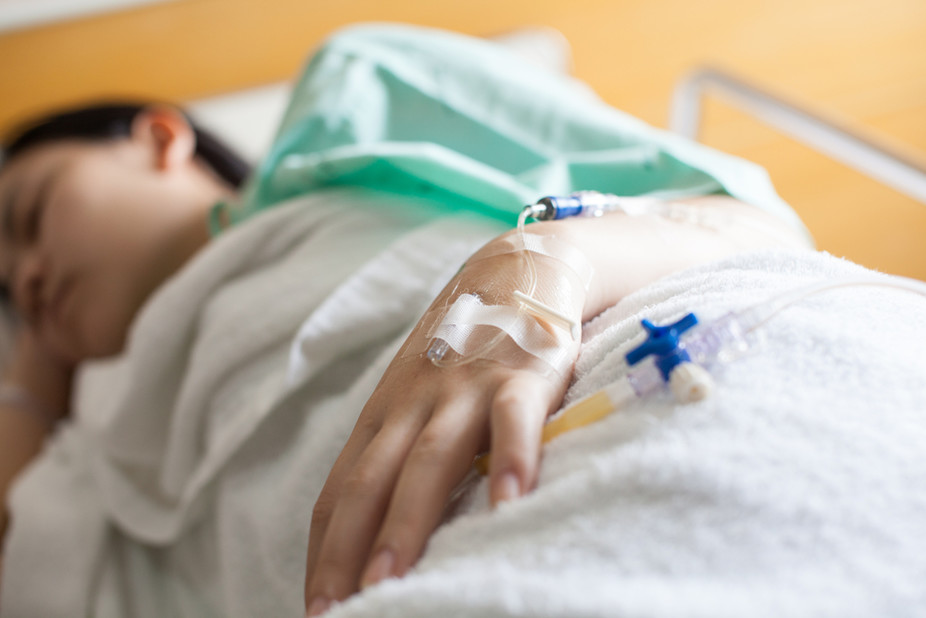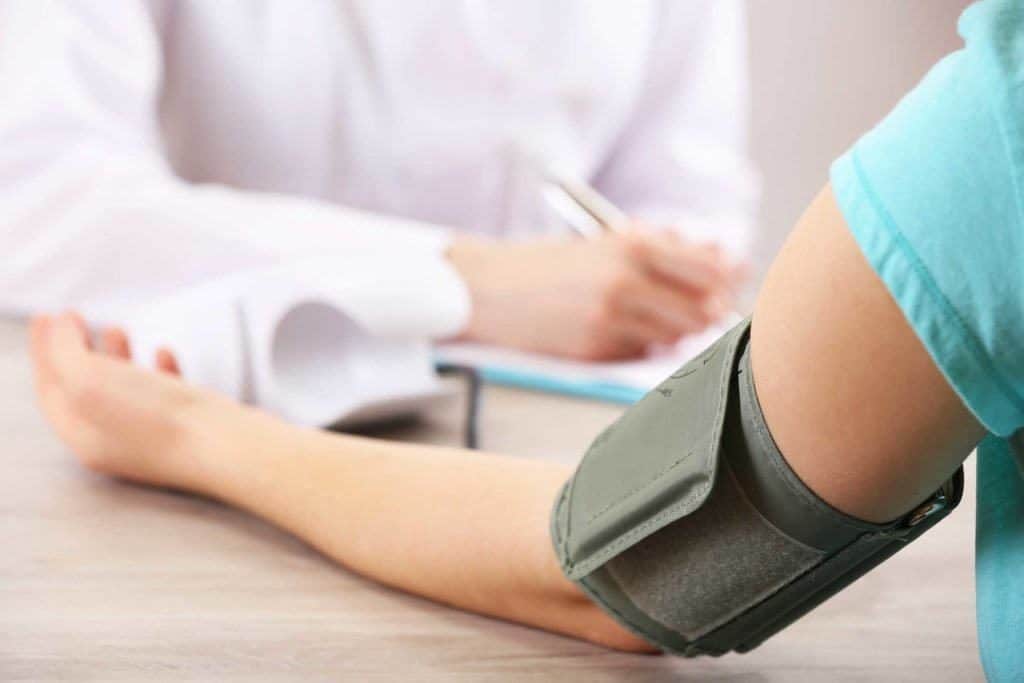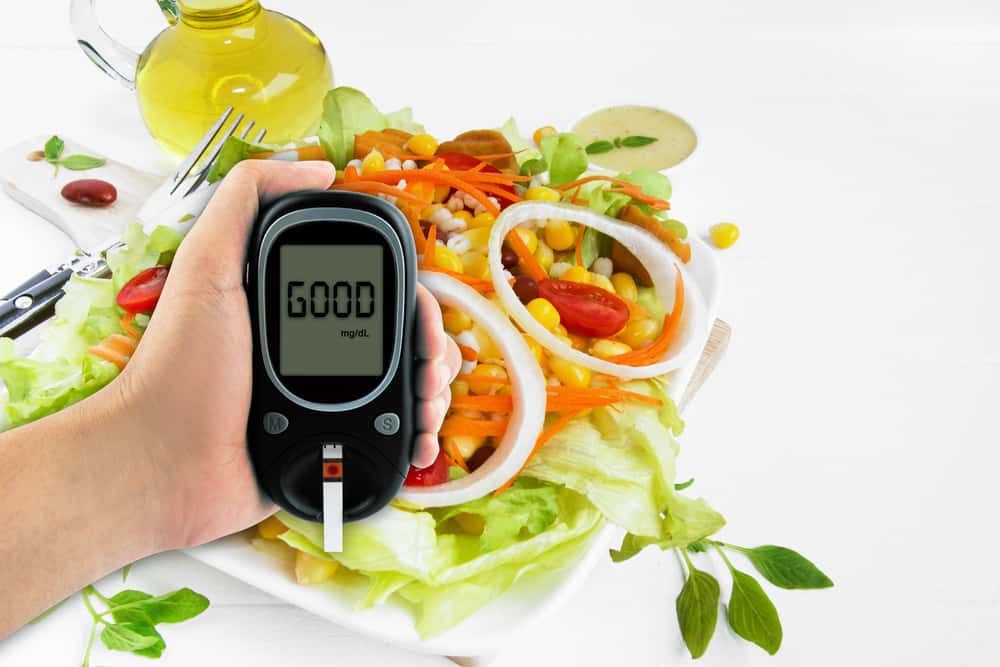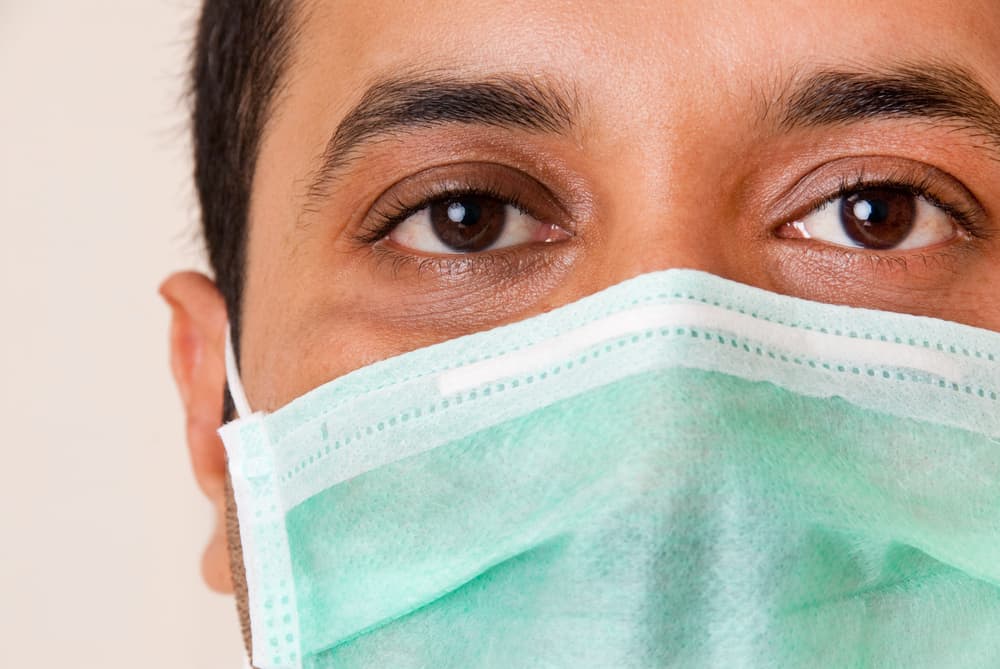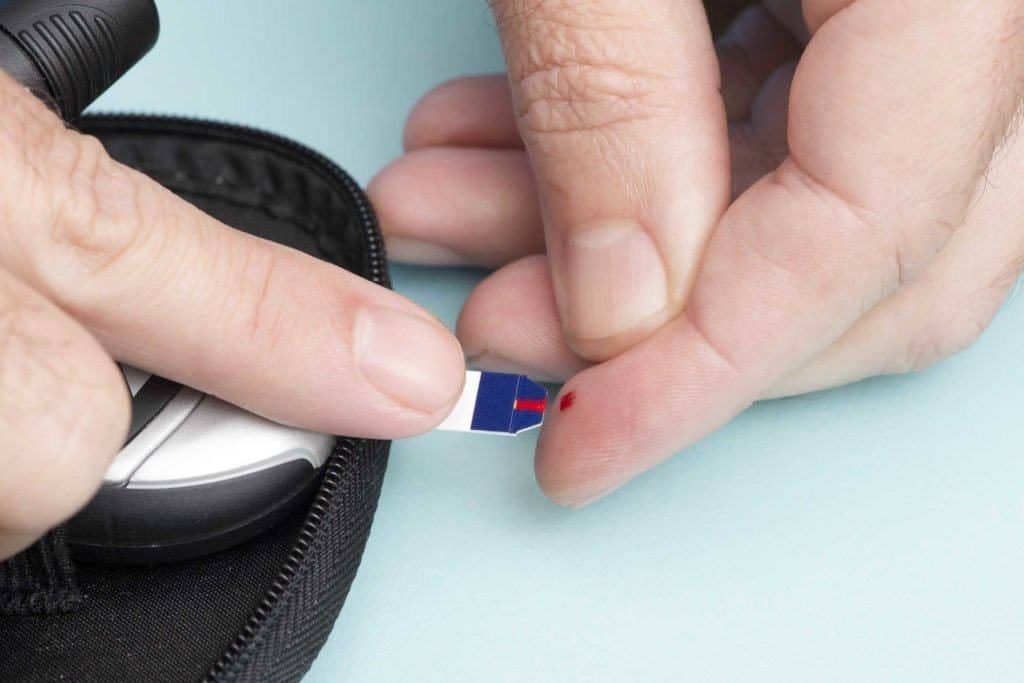Contents:
- Medical Video: How to recognize sepsis symptoms
- Signs and characteristics of infection after surgery
- Am I definitely infected after surgery?
- Infection after surgery may appear after you are discharged from the hospital
Medical Video: How to recognize sepsis symptoms
After surgery, you will usually be hospitalized for several days so that the team of doctors can monitor the body's recovery process -are there problems or complications that arise after surgery. One common complication after surgery is infection, both in the body and in the area of wound sutures, although the symptoms can be different. If you experience one or more of the signs of infection after the operation below, contact your doctor immediately to get the right treatment.
Signs and characteristics of infection after surgery
Most postoperative infections occur in surgical scars, but do not rule out the possibility of infection in other parts. The following are some of the signs and characteristics that generally appear if you have an infection after surgery:
- Malaise. Malaiseis a term that describes a set of symptoms such as weakness, fatigue, and dizziness. This condition is common when a patient has an infection. Because you are tired and feel very weak, you may fall asleep longer than usual.
- Fever. In addition to feeling very exhausted, patients who have just undergone surgery often experience fever. Fever is a sign that your body is trying to fight off infecting bacteria. However, there is no need to worry if you experience a mild fever that only reaches 37 degrees Celsius, because this condition is normal. Contact your doctor if your fever is more than 38 degrees Celsius.
Meanwhile, if the infection after surgery occurs in a surgical scar, then the symptoms that will appear such as:
- Swelling and redness around the surgical wound
- It hurts if you hold it
- The surface in the wound area feels warmer
- Bleeding occurs from the surgical wound
Am I definitely infected after surgery?
Almost all people who undergo surgery must be attacked by various bacteria that have the potential to cause surgical wound infections. Because, there are many bacteria around you, including in the air, which are ready to attack you. But you have not been infected for a long time because you are protected by skin that can prevent bacteria from entering the body.
The skin is the body's first defense system that makes bacteria unable to infect the body. Meanwhile, when you undergo an operation that requires the body to be dissected it can make the skin tissue damaged. This increases the chance of bacteria to enter and infect your body. However, the chances of infection after surgery are small, only 1-3% of the total cases. This is because infection after surgery is also affected by the immune system of each patient. In addition, infections that often occur such as urinary tract infections to diarrhea.
Infection after surgery may appear after you are discharged from the hospital
If you experience these characteristics when you are in the hospital, you will immediately get the right treatment. But be careful, this condition can also occur when you are at home. If an infection appears when you are at home, you should immediately see a doctor to get the right treatment.

